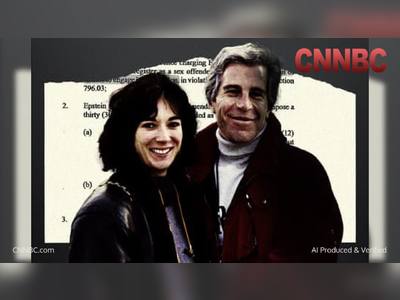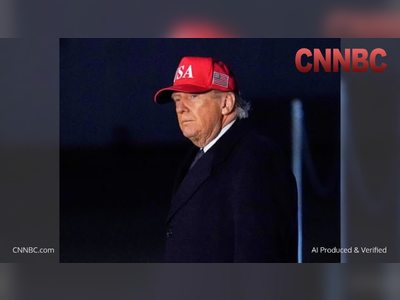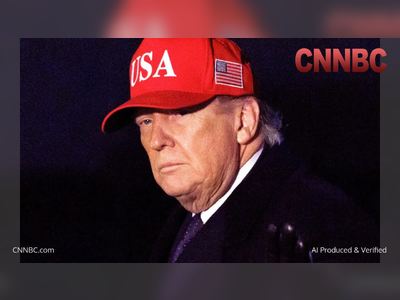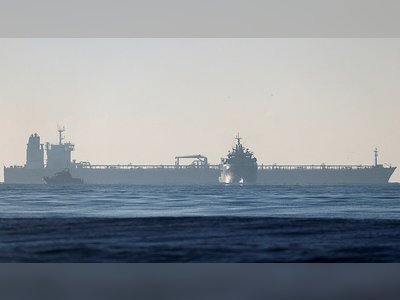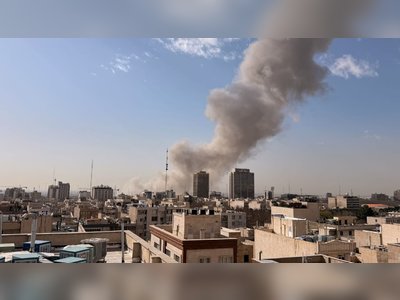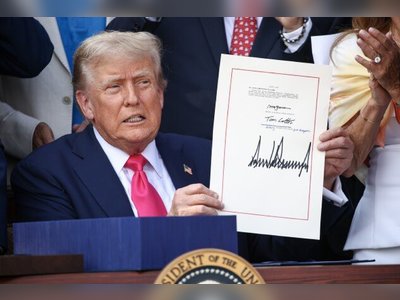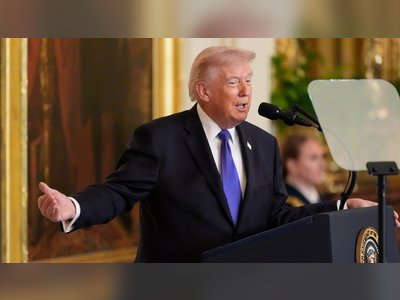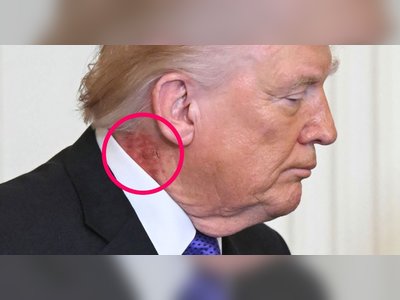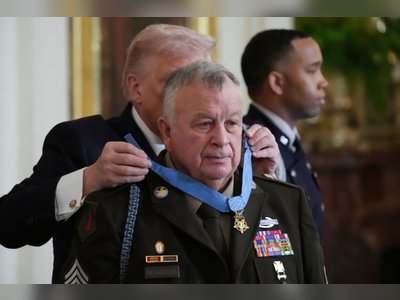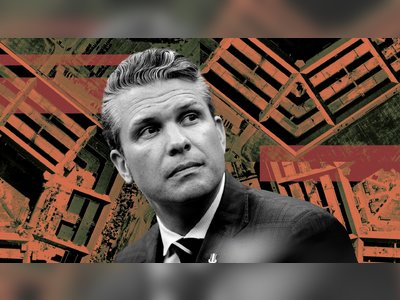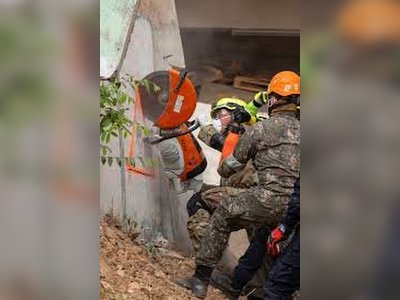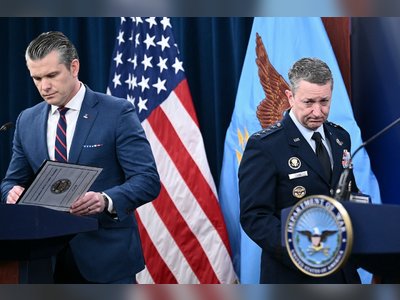
Uncertainty in Cuba as Trump Reverses Prisoner Release Deal
Reversal on Cuba's SSOT Status Raises Concerns Among Families of Jailed Protesters
The families of Cuban prisoners, incarcerated following anti-government demonstrations, are facing uncertainty as a planned prisoner release appears in jeopardy after a policy reversal by former U.S. President Donald Trump.
Reports indicate that approximately 150 prisoners have been released so far of the 553 that were part of an agreement involving the Catholic Church.
This development followed the removal of Cuba from the U.S. list of state sponsors of terror (SSOT) by President Joe Biden, a decision that Trump reversed, reinstating Cuba alongside countries like Syria, North Korea, and Iran.
This reversal has significant implications for tourism and trade.
Biden's initial actions had lifted sanctions against companies linked to the Cuban military and were not directly tied to Cuba's prisoner release announcement, although many assumed a reciprocal arrangement.
Families of prisoners still awaiting release have expressed frustrations, as exemplified by Greisy Oliva, whose husband Nadir Martín Perdomo remains jailed.
Many released prisoners have been silent about their experiences, although dissident Daniel Ferrer publicly urged for continued advocacy for a 'free, prosperous, and just Cuba.' Meanwhile, some prominent figures, including artist Luis Manuel Otero Alcántara, are still imprisoned.
Estimates by human rights organizations like Prisoners Defenders and Human Rights Watch put the number of Cuban political prisoners at approximately 950, disputed by the Cuban government.
The detentions followed significant protests in July 2021, with many convicted of sedition-based charges.
Trump's decision was influenced by U.S. officials, including Secretary of State Marco Rubio, who strongly advocated for Cuba's SSOT status.
Outside the U.S., this designation has been criticized as unfounded, with Human Rights Watch emphasizing Cuba's human rights violations but disagreeing with the terror designation.
President Miguel Díaz-Canel of Cuba denounced Trump's decision as arrogant.
International observers await further comments from Cuba regarding the continuation of the prisoner release, with some believing that discussions with the Vatican may provide a resolution.
The situation emphasizes ongoing geopolitical tensions and the complexities surrounding U.S.-Cuba relations.
Reports indicate that approximately 150 prisoners have been released so far of the 553 that were part of an agreement involving the Catholic Church.
This development followed the removal of Cuba from the U.S. list of state sponsors of terror (SSOT) by President Joe Biden, a decision that Trump reversed, reinstating Cuba alongside countries like Syria, North Korea, and Iran.
This reversal has significant implications for tourism and trade.
Biden's initial actions had lifted sanctions against companies linked to the Cuban military and were not directly tied to Cuba's prisoner release announcement, although many assumed a reciprocal arrangement.
Families of prisoners still awaiting release have expressed frustrations, as exemplified by Greisy Oliva, whose husband Nadir Martín Perdomo remains jailed.
Many released prisoners have been silent about their experiences, although dissident Daniel Ferrer publicly urged for continued advocacy for a 'free, prosperous, and just Cuba.' Meanwhile, some prominent figures, including artist Luis Manuel Otero Alcántara, are still imprisoned.
Estimates by human rights organizations like Prisoners Defenders and Human Rights Watch put the number of Cuban political prisoners at approximately 950, disputed by the Cuban government.
The detentions followed significant protests in July 2021, with many convicted of sedition-based charges.
Trump's decision was influenced by U.S. officials, including Secretary of State Marco Rubio, who strongly advocated for Cuba's SSOT status.
Outside the U.S., this designation has been criticized as unfounded, with Human Rights Watch emphasizing Cuba's human rights violations but disagreeing with the terror designation.
President Miguel Díaz-Canel of Cuba denounced Trump's decision as arrogant.
International observers await further comments from Cuba regarding the continuation of the prisoner release, with some believing that discussions with the Vatican may provide a resolution.
The situation emphasizes ongoing geopolitical tensions and the complexities surrounding U.S.-Cuba relations.

